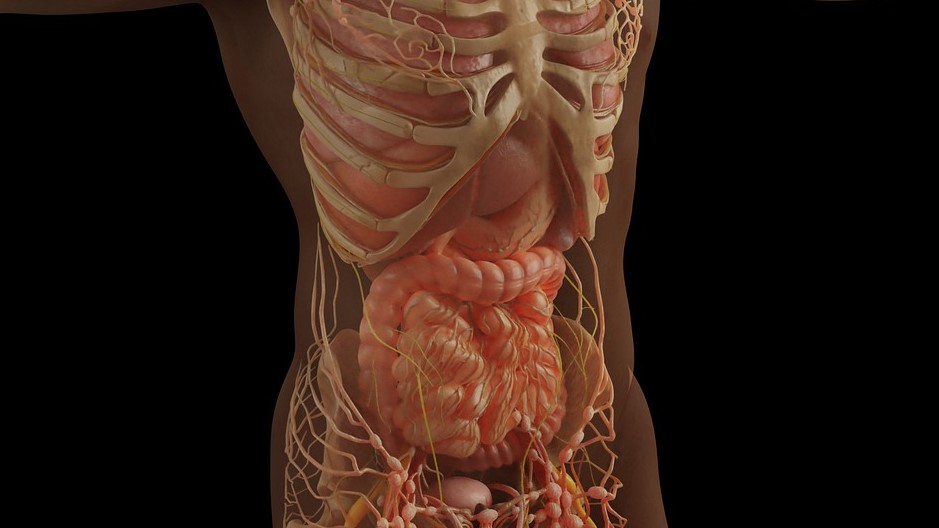Probing the Gut’s Ability to Change Size According to Nutrient Intake

The gut has considerable plasticity among animals, shrinking as much 50% in cases of fasting such as hibernating and able to rapidly return to normal size on refeeding. Now, scientists from the University of Copenhagen used fruit flies to investigate the signalling mechanisms and cellular changes that regulate this rapidly renewable tissue, which could reveal insights into diseases such as colorectal cancer. Their results are published in Nature Communications.
“Taking advantage of the broad genetic toolbox available in the fruit fly, we have investigated the mechanisms underpinning nutrient-dependent gut resizing,” says Dr Ditte S. Andersen.
The results show that nutrient deprivation results in an accumulation of progenitor cells that fail to differentiate into the mature cells causing the gut to shrink.
Upon refeeding these stalled progenitor cells readily differentiate into mature cells to promote regrowth of the gut.
Ditte S. Andersen continues: “We have identified activins as critical regulators of this process. In nutrient restrictive conditions, activin signalling is strongly repressed, while it is reactivated and required for progenitor maturation and gut resizing in response to refeeding. Activin-dependent resizing of the gut is physiologically important as inhibition of activin signalling reduces survival of flies to intermittent fasting.”
Regulators of organ plasticity are essential for host adaptation to an ever-changing environment, however, the same signals are often deregulated in cancers. Indeed, mutations affecting activin signalling are frequent in cancer cells in a variety of tissues. This study provides a starting point for investigating the link between aberrant activin signalling and the development of colorectal cancers and sets the stage for exploring the efficiency of anti-activin therapeutic strategies in treating colorectal cancers.
Source: University of Copenhangen


